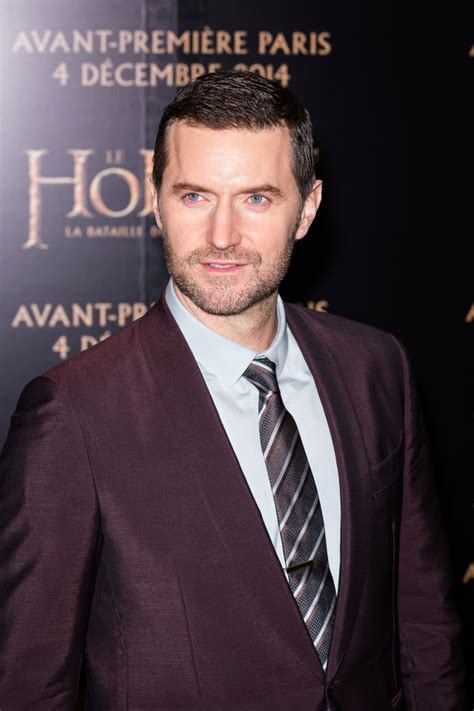A Quote by David McCullough
With the Truman book, I wrote the entire account of his experiences in World War I before going over to Europe to follow his tracks in the war. When I got there, there was a certain satisfaction in finding I had it right - it does look like that.
Related Quotes
World War Two was a world war in space. It spread from Europe to Japan, to the Soviet Union, etc. World War Two was quite different from World War One which was geographically limited to Europe. But in the case of the Gulf War, we are dealing with a war which is extremely local in space, but global in time, since it is the first 'live' war.
I think our support for the EEC has been very half-hearted. You really cannot join any group of nations and spend all your time criticising it. The EEC is free Europe getting together. Had we had some vision like that after the first world war , we might never had the second ... my son does not have to go and fight as his father had to fight. Surely that is the most valuable thing of all, the reason for keeping Europe together.
The more closely the author thinks of why he wrote, the more he comes to regard his imagination as a kind of self-generating cement which glued his facts together, and his emotions as a kind of dark and obscure designer of those facts. Reluctantly, he comes to the conclusion that to account for his book is to account for his life.
For example, an author whose parents fled a war but he himself was born in the country where they fled to, and that is where he went to school and college before he wrote his first book of poetry in the language of this country - he should be labeled as: "Author whose parents fled a war but he himself was born in the country where they fled to, and that is where he went to school and college before he wrote his first book of poetry in the language of this country."
We are constantly trying to cope with what our fathers or our grandfathers did. I wrote the book 'Great War of Civilization,' and my father was a solider in the First World War which produced the current Middle East - not that he had much to do with that - but he fought in what he believed was the Great War for Civilization.
The script [of Regression] wasn't the draw for me. It was largely Alejandro [Amenabar] and his way of talking. To hear him talking about the script was way more interesting than the script. He wrote it, and so, English is his second language. It's an interesting thing. I've had that before. I was directed by Alfonso Cuarón before, too. It's always interesting when you're being directed by somebody like that. So much of directing is about communication, and finding the right words, and what it means, and how to convey certain emotions and ideas.
This writer, who is horribly perspicacious and vigorous, demonstrates the certainty of a great European war, and regards it with the peculiar satisfaction excited by such things in a certain order of mind. His phrases about "dire calamity" and so on mean nothing; the whole tenor of his writing proves that he represents, and consciously, one of the forces which go to bring war about; his part in the business is a fluent irresponsibility, which casts scorn on all who reluct at the "inevitable." Persistent prophecy is a familiar way of assuring the event.
We desire peace. However, if imperialism insists on fighting a war, we will have no alternative but to take the firm resolution to fight to the finish before going ahead with our construction. If you are afraid of war day in day out, what will you do if war eventually comes? First, I said that the East Wind is prevailing over the West Wind and war will not break out, and now I have added these explanations about the situation in case war should break out. Both possibilities have thus been taken into account.








































